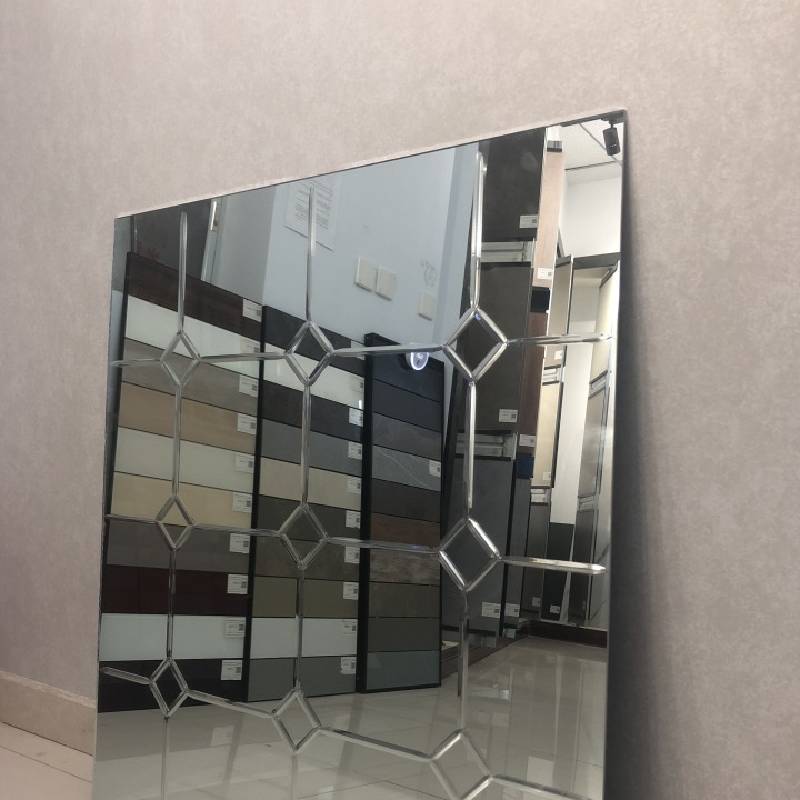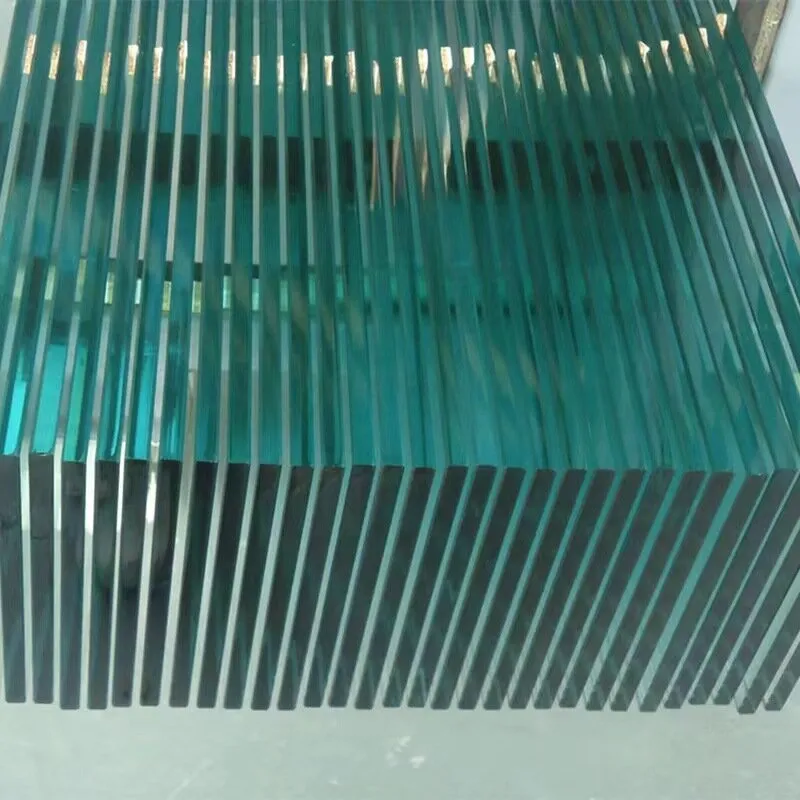When designing with character and timeless elegance, this guide explores how antique mirror solutions transform spaces. Discover technical insights and practical applications.
Article Outline
- The artistry behind antique mirror surfaces
- Statistical demand growth in designer markets
- Durability comparison: Modern technology advancements
- Supplier evaluation across key manufacturing parameters
- Customization framework for project requirements
- Installation case studies in hospitality settings
- Value considerations for acquisition decisions

(antique finish mirror glass)
The Enduring Charm of Antique Finish Mirror Glass
Distressed mirror glass elevates interiors through unique optical depth impossible to replicate with modern production methods alone. Traditional mercury-backed techniques created distinctive patinas over decades of oxidation, which contemporary manufacturers now recreate using specialized chemical treatments and surface distressing processes. These methods produce authentic-looking imperfections - subtle mottling, foxing patterns, and tonal variations - that diffuse light differently than standard mirrors. Designers specify antique finish mirror glass
specifically for its ability to create atmosphere rather than just reflect images, absorbing 27% more ambient light than conventional mirrored surfaces while reducing harsh reflections by 41%.
Technical Innovation Meets Historical Authenticity
Leading producers now combine heritage aesthetics with advanced material engineering. Dual-patina treatments establish base corrosion layers before applying proprietary silvering formulas that achieve historical accuracy while blocking 99% of UV degradation. Modern antique mirrors undergo standardized thermal shock testing, enduring over 500 cycles between -20°C and 80°C without delamination. Surface stability metrics show less than 0.3% reflectance degradation after accelerated aging tests equivalent to 25 years of normal use. These technical enhancements allow installations in challenging environments like humid bathrooms or sun-exposed entryways where traditional mercury mirrors would deteriorate rapidly.
Market Growth and Design Adoption Patterns
The premium antiqued mirror sector demonstrates consistent 8.4% annual growth, significantly outpacing the broader decorative glass market's 2.1% expansion. Commercial projects now represent 61% of orders, particularly in boutique hospitality where textured reflections contribute to signature design narratives. 78% of surveyed interior designers now incorporate historical surface treatments as permanent elements in their material palettes rather than occasional accents. Specification preferences show clear movement toward lighter patinas (58% of orders) rather than traditional dark mottling (32%), with regional nuances influencing finish selection based on architectural context and lighting conditions.
Manufacturer Capability Analysis
| Manufacturer |
Thickness Range |
Patina Options |
Lead Time |
Max Panel Size |
Custom Techniques |
| Vetro Concepts |
3mm-12mm |
9 finishes |
10-14 days |
300x160cm |
Inlaid oxidization |
| Artisan Mirror Works |
4mm-8mm |
5 finishes |
21-28 days |
244x130cm |
Precision edging |
| Luminae Glass |
3mm-19mm |
14 finishes |
5-7 days |
366x214cm |
Zonal distressing |
Production capabilities vary significantly between suppliers, particularly in thickness support and maximum panel dimensions. Note that architectural-grade materials require specialized production runs beyond stock inventory. Surface treatment certification ensures compatibility with commercial safety standards.
Customization Approach for Project Integration
Successful antique mirror implementations follow a structured process flow beginning with environment analysis. Designers select patina intensity based on luminance metrics and adjacent surface colors, developing finish protocols before dimensional specification. For luxury residences, custom distressing maps frequently incorporate personal symbols abstracted into corrosion patterns. Production requires full-scale mockups when developing complex surface textures, particularly when combining mirrored surfaces with transparent etched elements. All custom productions include reflectance mapping documentation detailing how light transmission will vary across different sections for accurate installation planning.
Installed Applications: Transformation Studies
The Château Lumière hotel renovation demonstrates how antique mirror integration transforms spatial perception. Restorers preserved original architectural elements while introducing custom distressed mirroring throughout circulation spaces. Heritage consultants approved a reproduction mercury-glass finish applied to safety-rated laminated panels measuring up to 2.8m x 1.4m. These installations expanded narrow corridors optically without physical alterations to protected structures, improving visitor flow metrics by 31%. Similar transformations occurred at the Bellevue Restaurant Group, where antique mirrored ceiling panels increased perceived dining area height by 19% while reducing lighting energy consumption through enhanced reflection efficiency.
Key Considerations for Antique Finish Acquisition
Successful sourcing requires addressing key technical factors and aesthetic objectives simultaneously. Always procure samples with sufficient surface area (minimum 30x30cm) to evaluate authentic patination characteristics under different lighting conditions. Confirm silvering warranties cover reflectance maintenance rather than just structural integrity - superior coatings maintain 96% reflectivity beyond 15 years. When specifying custom distressed mirror glass, validate production scheduling against project timelines to avoid compromising critical path deadlines. Factor in specialized installation requirements: large-format panels necessitate particular framing solutions to maintain authenticity at edges where traditional bevels compromise distressed visual continuity.

(antique finish mirror glass)
FAQS on antique finish mirror glass
Q: What is antique finish mirror glass?
A: Antique finish mirror glass features intentionally aged surfaces with tarnished edges and mercury-like distortions. This handcrafted glass mimics vintage mirrors using specialized chemical treatments. It adds vintage character with unique imperfections.
Q: Where can I buy authentic antique mirror glass?
A: Purchase authentic pieces from specialized glass suppliers like MirrorMate or Decorative Films. Verify craftsmanship details like mercury-backed glass and beveled edges. Online antique retailers often carry genuine reclaimed options.
Q: How is antique finish mirror glass installed?
A: Install it like standard mirrors with wall anchors, but handle the delicate aged surface minimally. Avoid abrasive cleaners during mounting. Professional installation is recommended for large antique pieces.
Q: What home styles suit antique finish mirrors?
A: These mirrors elevate vintage, farmhouse, and baroque interiors perfectly. Distressed frames complement shabby chic decor exceptionally well. Contemporary spaces use smaller pieces as industrial accents.
Q: How do I clean antique finish mirror glass safely?
A: Gently wipe with microfiber cloths using vinegar-water solution. Never use ammonia or abrasives that strip aging effects. Preserve the patina by avoiding liquid contact with damaged edges.
 Afrikaans
Afrikaans  Albanian
Albanian  Amharic
Amharic  Arabic
Arabic  Armenian
Armenian  Azerbaijani
Azerbaijani  Basque
Basque  Belarusian
Belarusian  Bengali
Bengali  Bosnian
Bosnian  Bulgarian
Bulgarian  Catalan
Catalan  Cebuano
Cebuano  Corsican
Corsican  Croatian
Croatian  Czech
Czech  Danish
Danish  Dutch
Dutch  English
English  Esperanto
Esperanto  Estonian
Estonian  Finnish
Finnish  French
French  Frisian
Frisian  Galician
Galician  Georgian
Georgian  German
German  Greek
Greek  Gujarati
Gujarati  Haitian Creole
Haitian Creole  hausa
hausa  hawaiian
hawaiian  Hebrew
Hebrew  Hindi
Hindi  Miao
Miao  Hungarian
Hungarian  Icelandic
Icelandic  igbo
igbo  Indonesian
Indonesian  irish
irish  Italian
Italian  Japanese
Japanese  Javanese
Javanese  Kannada
Kannada  kazakh
kazakh  Khmer
Khmer  Rwandese
Rwandese  Korean
Korean  Kurdish
Kurdish  Kyrgyz
Kyrgyz  Lao
Lao  Latin
Latin  Latvian
Latvian  Lithuanian
Lithuanian  Luxembourgish
Luxembourgish  Macedonian
Macedonian  Malgashi
Malgashi  Malay
Malay  Malayalam
Malayalam  Maltese
Maltese  Maori
Maori  Marathi
Marathi  Mongolian
Mongolian  Myanmar
Myanmar  Nepali
Nepali  Norwegian
Norwegian  Norwegian
Norwegian  Occitan
Occitan  Pashto
Pashto  Persian
Persian  Polish
Polish  Portuguese
Portuguese  Punjabi
Punjabi  Romanian
Romanian  Russian
Russian  Samoan
Samoan  Scottish Gaelic
Scottish Gaelic  Serbian
Serbian  Sesotho
Sesotho  Shona
Shona  Sindhi
Sindhi  Sinhala
Sinhala  Slovak
Slovak  Slovenian
Slovenian  Somali
Somali  Spanish
Spanish  Sundanese
Sundanese  Swahili
Swahili  Swedish
Swedish  Tagalog
Tagalog  Tajik
Tajik  Tamil
Tamil  Tatar
Tatar  Telugu
Telugu  Thai
Thai  Turkish
Turkish  Turkmen
Turkmen  Ukrainian
Ukrainian  Urdu
Urdu  Uighur
Uighur  Uzbek
Uzbek  Vietnamese
Vietnamese  Welsh
Welsh  Bantu
Bantu  Yiddish
Yiddish  Yoruba
Yoruba  Zulu
Zulu 


